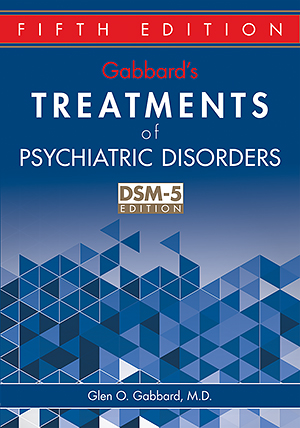Excerpt
Human sexuality used to occupy a very prominent, if not central, place in conceptualizing many psychological and developmental processes. With the arrival of new theories and scientific findings, human sexuality’s “place in the sun” gradually diminished. However, an unfortunate parallel process has taken place: human sexuality and the treatment of its disorders seem to be gradually disappearing from psychiatrists’ clinical practice. The reason for psychiatry’s diminishing interest in clinical sexuality is not exactly clear and is probably multifactorial. Levine (2003) felt that “[m]ental health professionals’ interest in these matters [sexual problems] has been thwarted by new biological paradigms for understanding the causes and treatment of mental conditions, the emphasis on short-term psychotherapy, the constriction of insurance support for nonpharmacological interventions, the political conservatism of government funding sources, and the policy to consider sexual problems inconsequential” (p. xiv). Others see a problematic medicalization of human sexuality as the reason for psychiatry’s attitudinal change (Cacchioni and Tiefer 2012; Rowland 2007). Pfaus (2008) attributed the cause to the hostile attitude of various agencies to the concept of lifestyle improvement when sexuality is concerned. Interestingly, an area closely related to human sexuality—that of relational pr
Access content
To read the fulltext, please use one of the options below to sign in or purchase access.- Personal login
- Institutional Login
- Sign in via OpenAthens
- Register for access
-
Please login/register if you wish to pair your device and check access availability.
Not a subscriber?
PsychiatryOnline subscription options offer access to the DSM-5 library, books, journals, CME, and patient resources. This all-in-one virtual library provides psychiatrists and mental health professionals with key resources for diagnosis, treatment, research, and professional development.
Need more help? PsychiatryOnline Customer Service may be reached by emailing [email protected] or by calling 800-368-5777 (in the U.S.) or 703-907-7322 (outside the U.S.).



